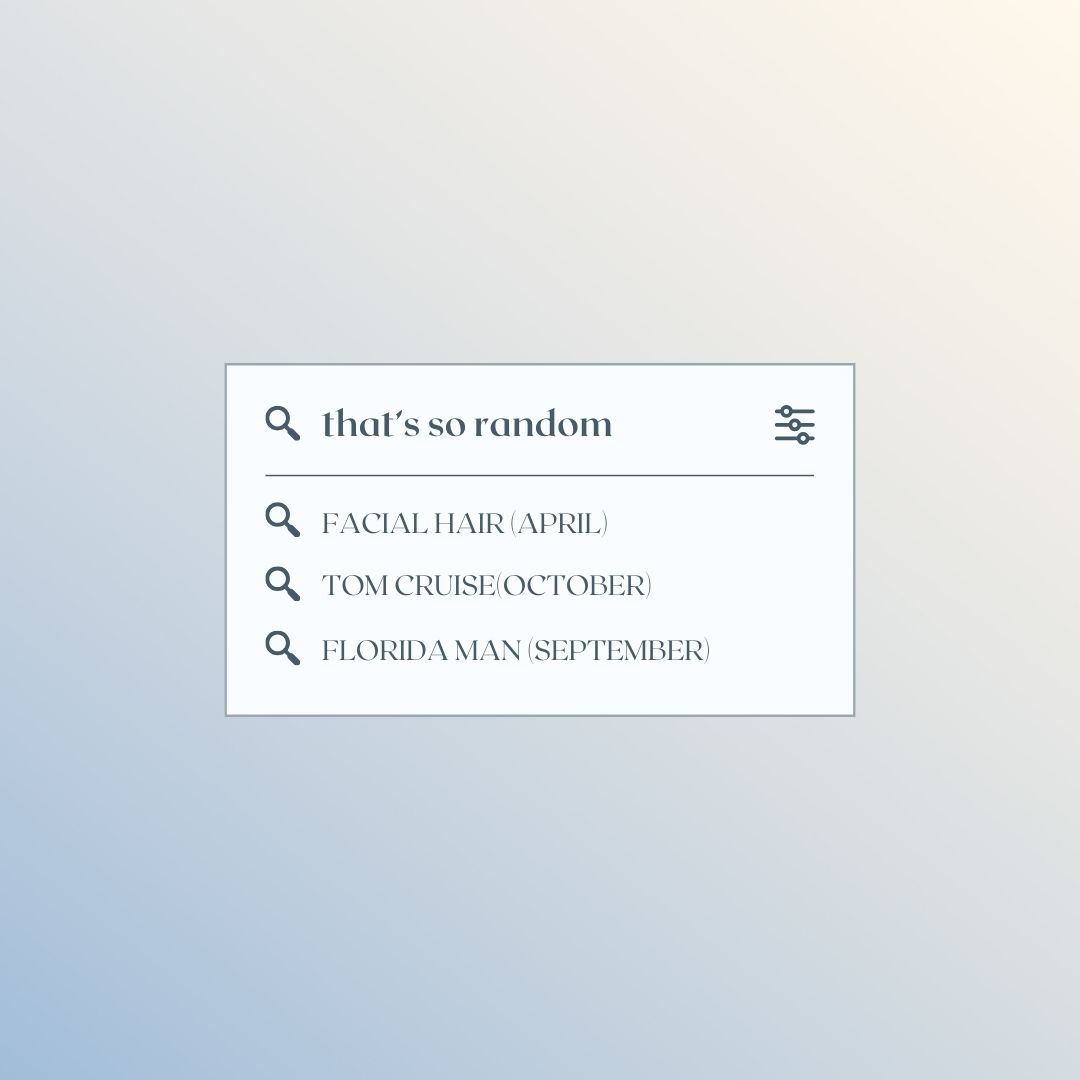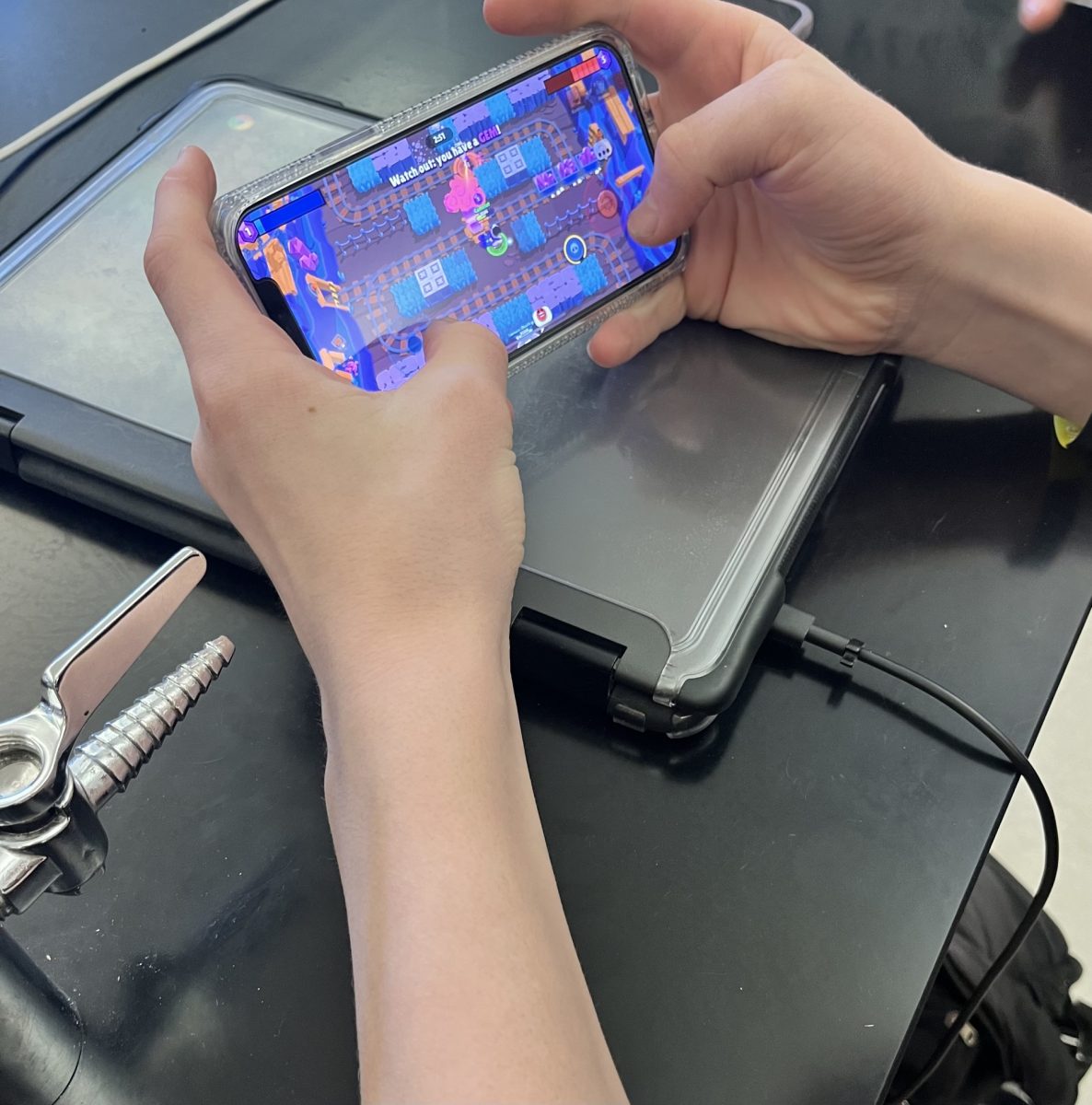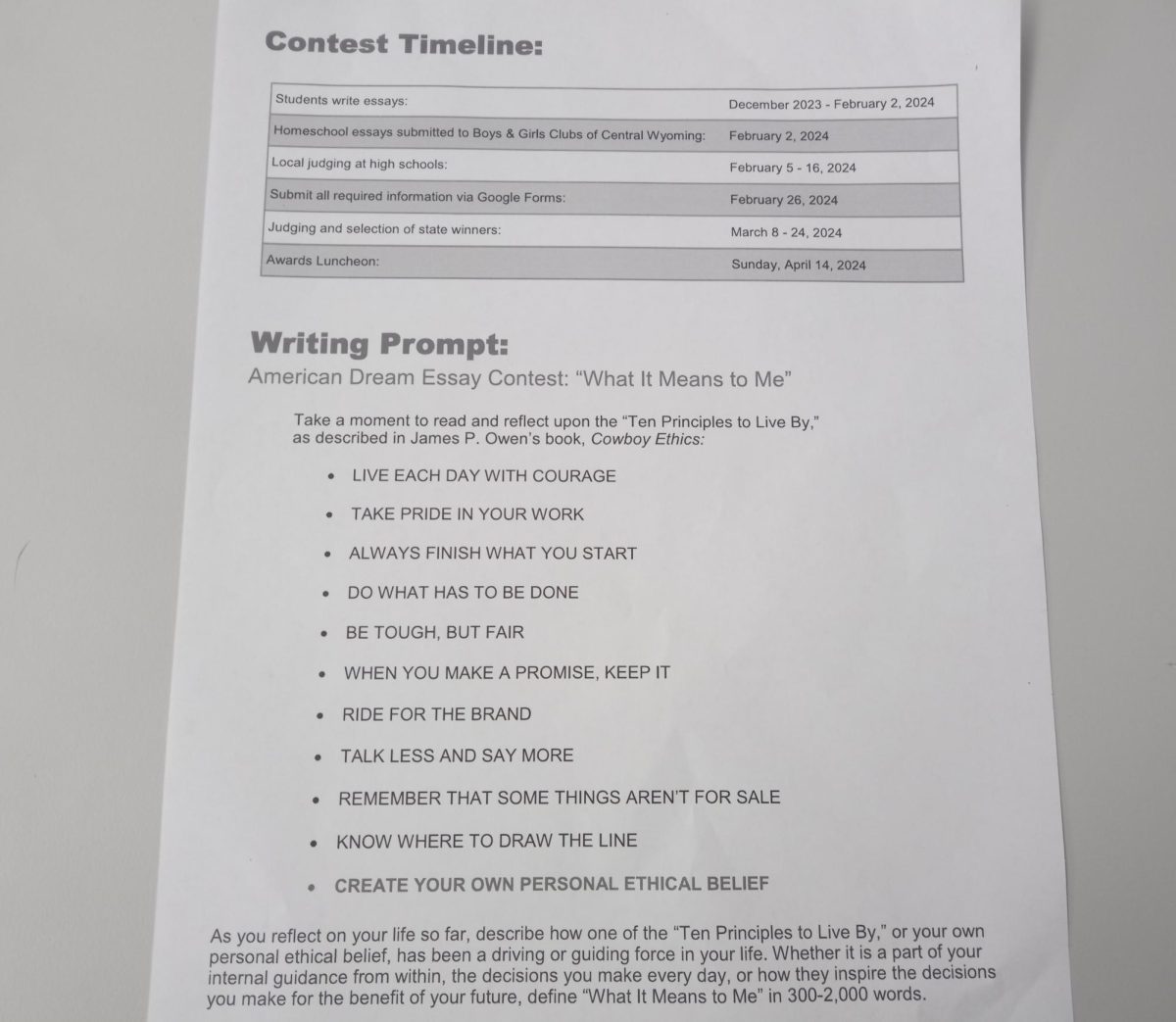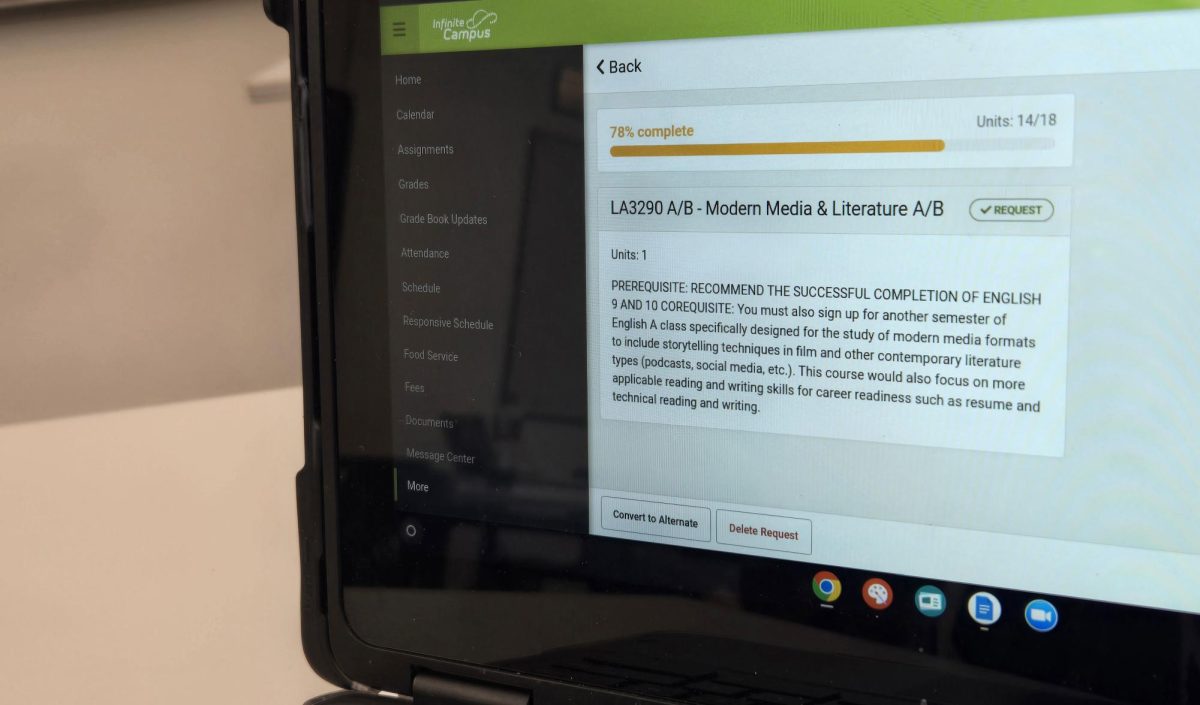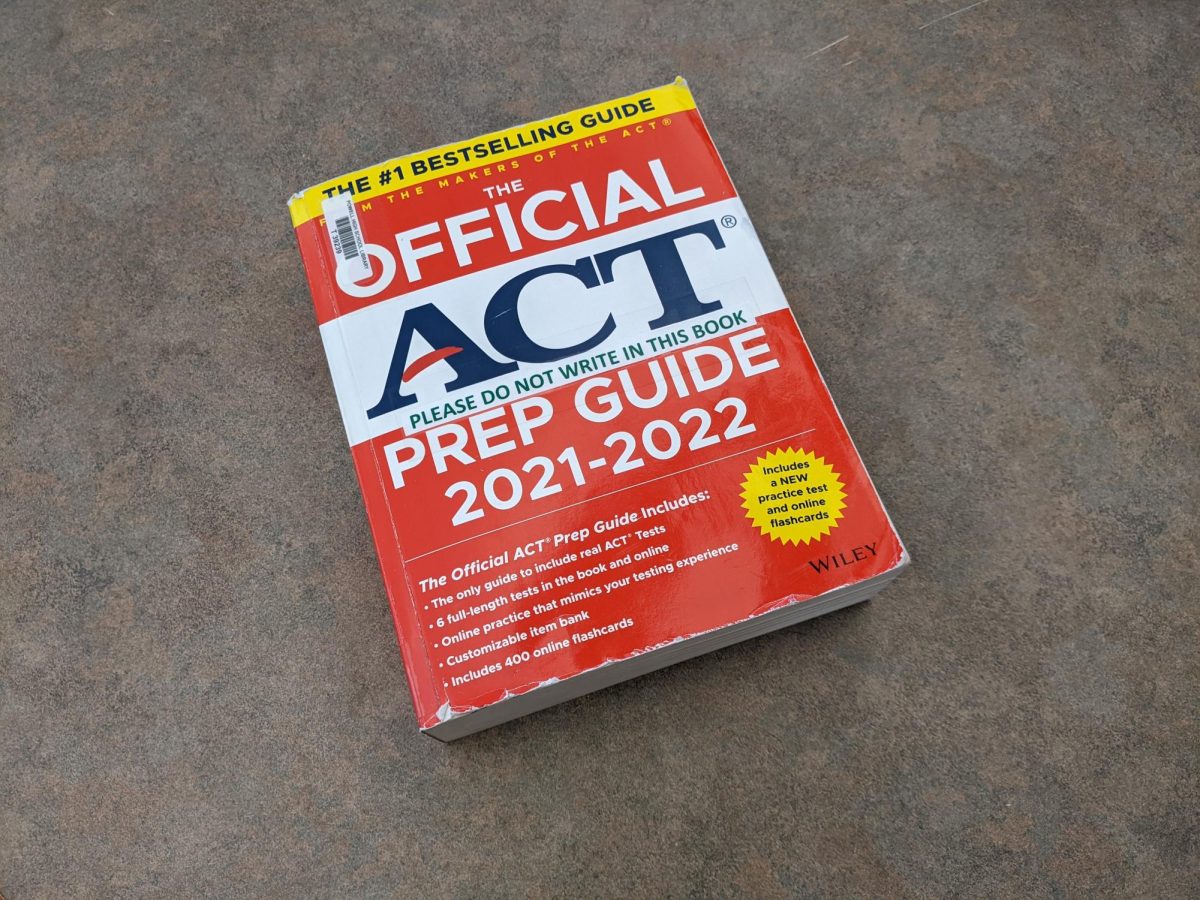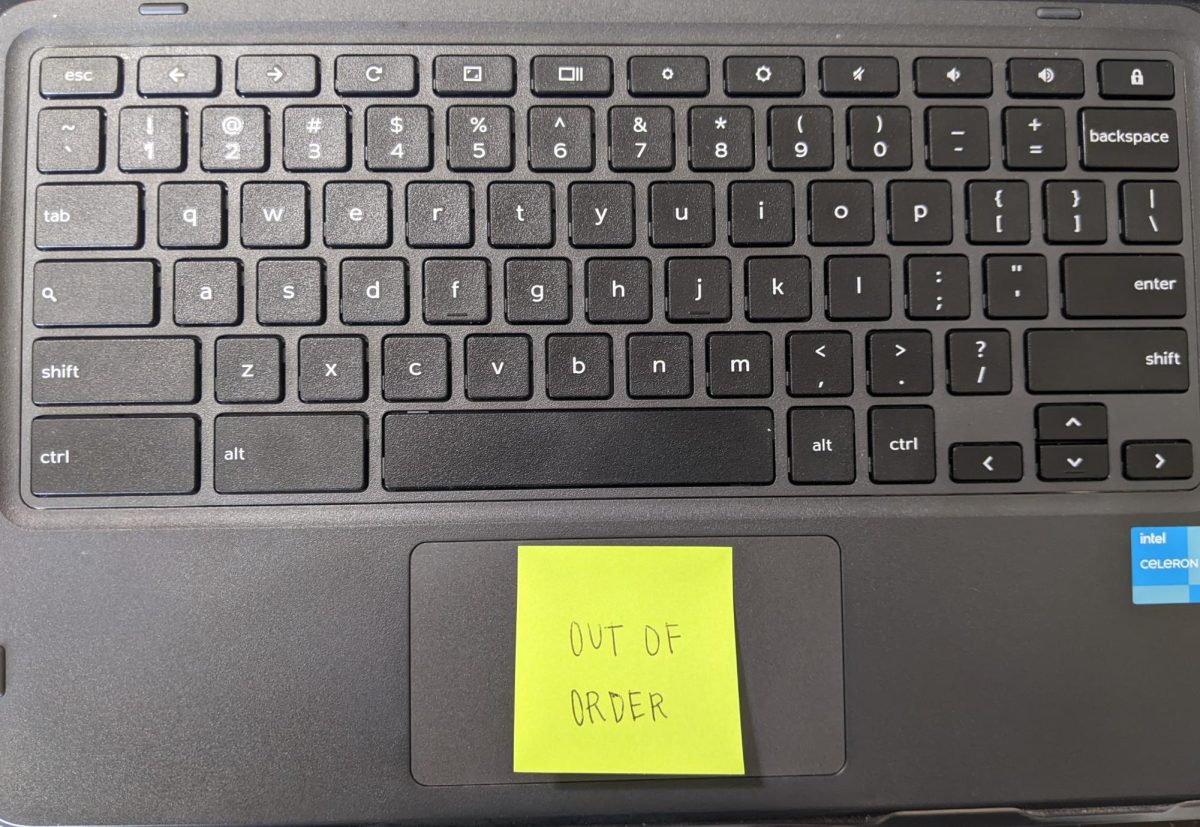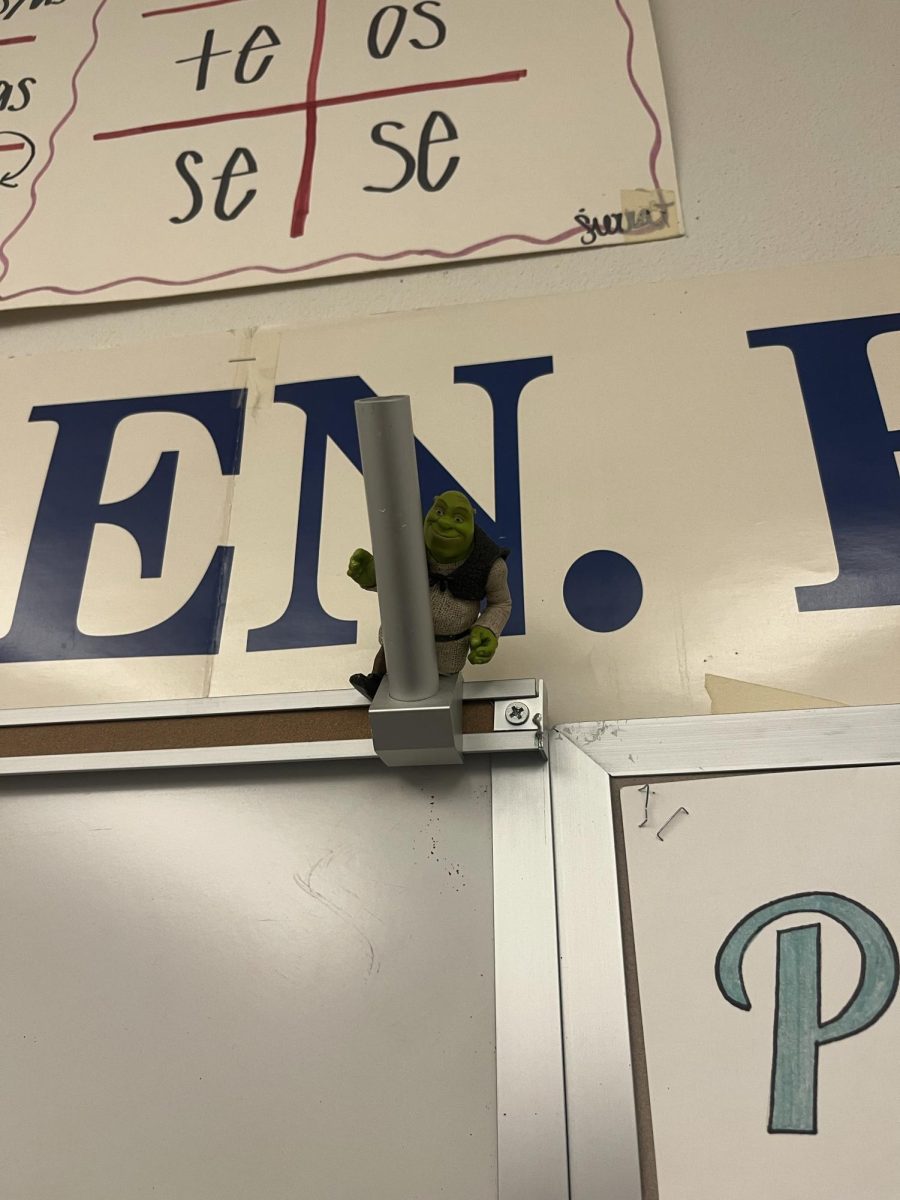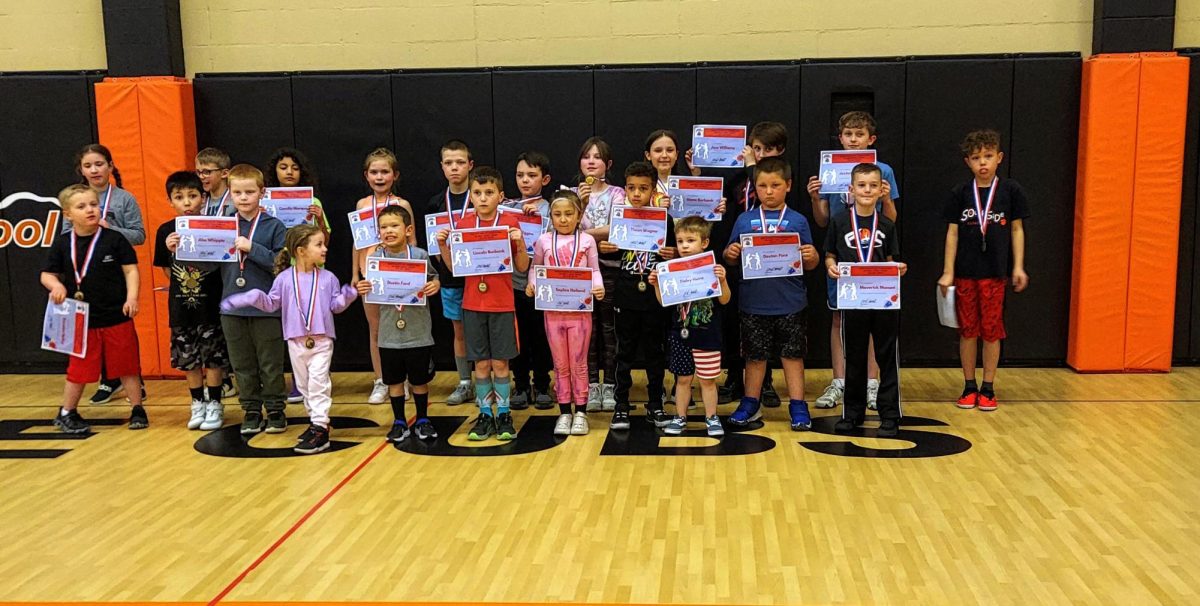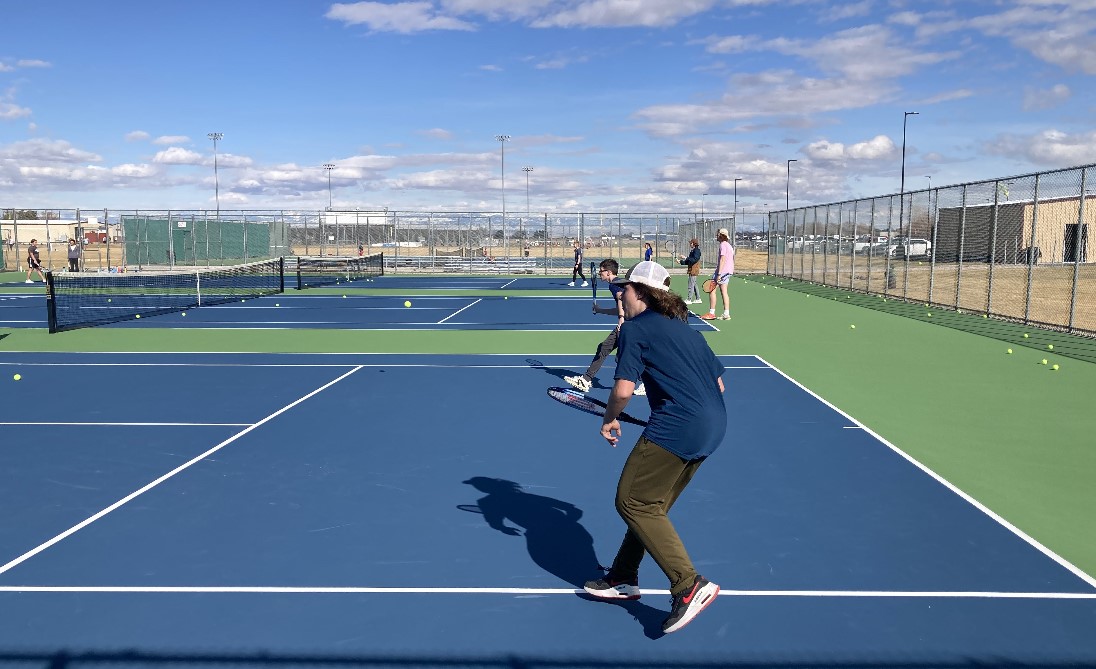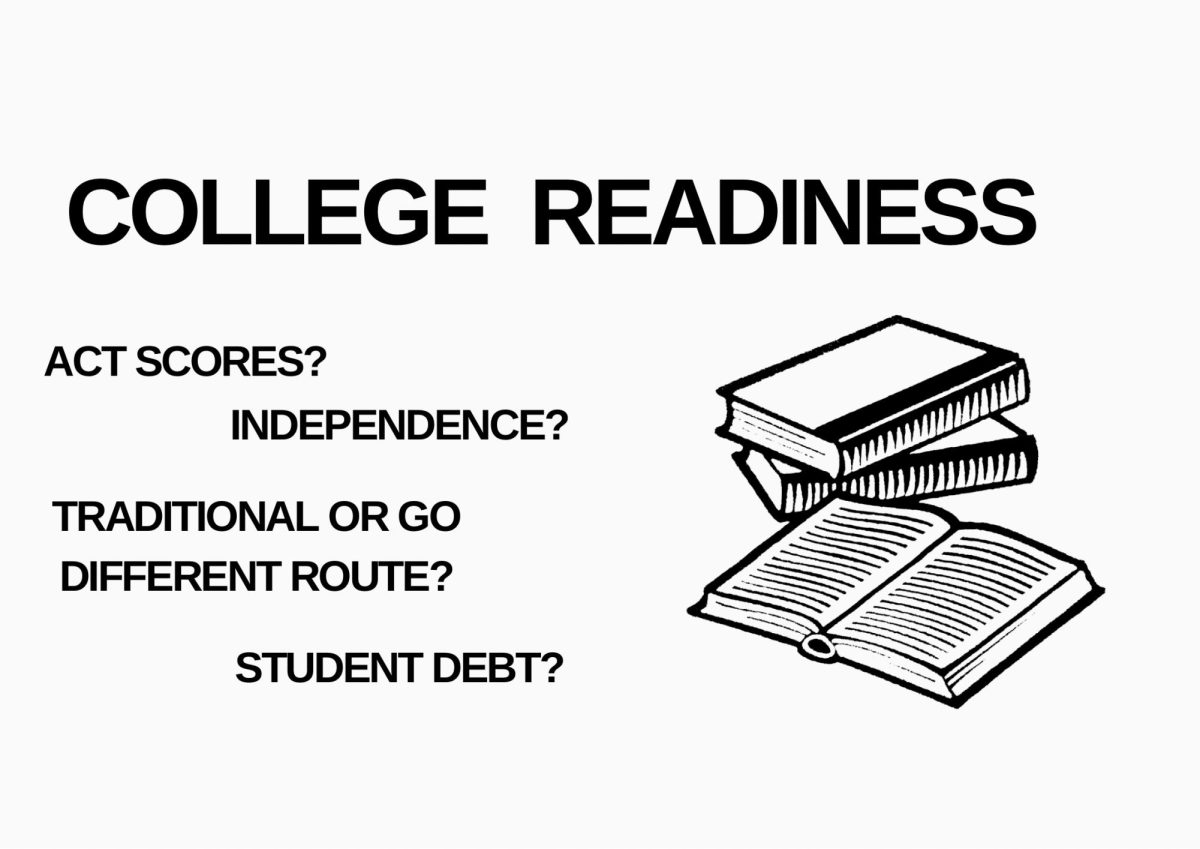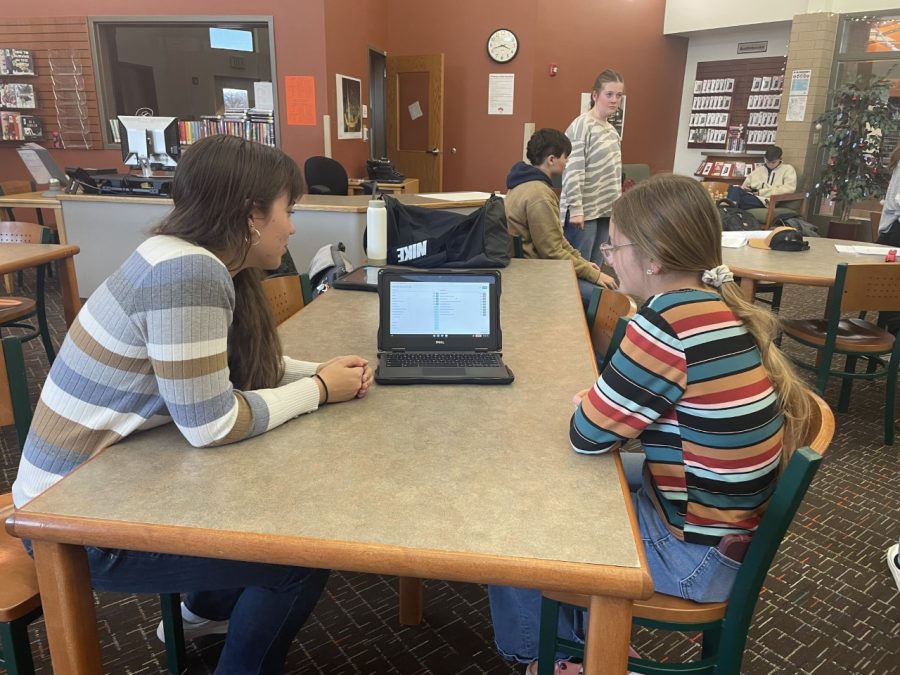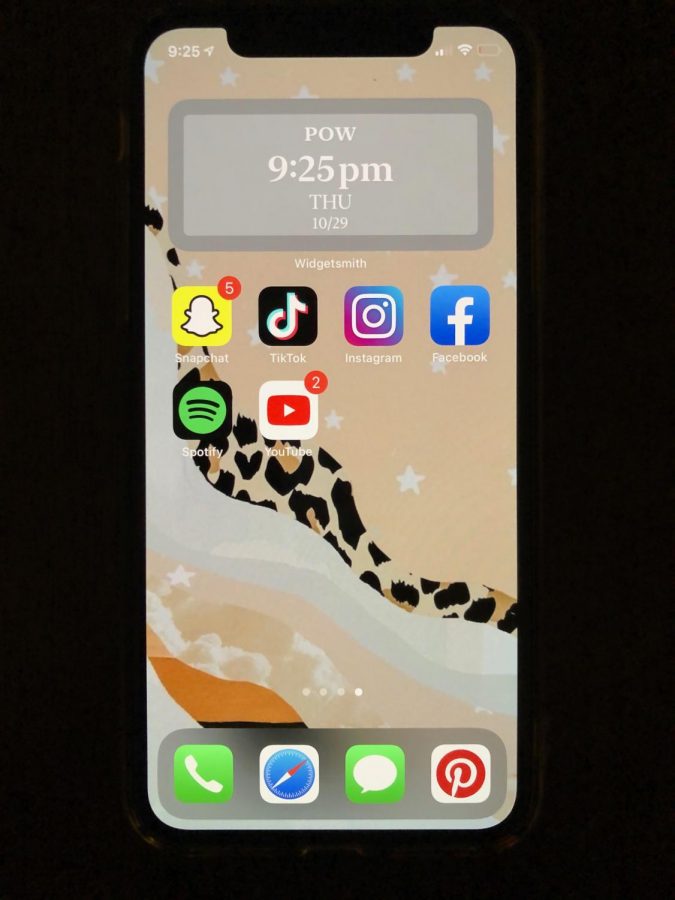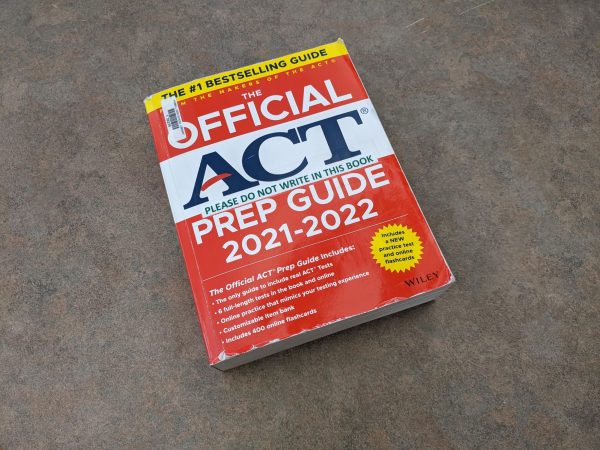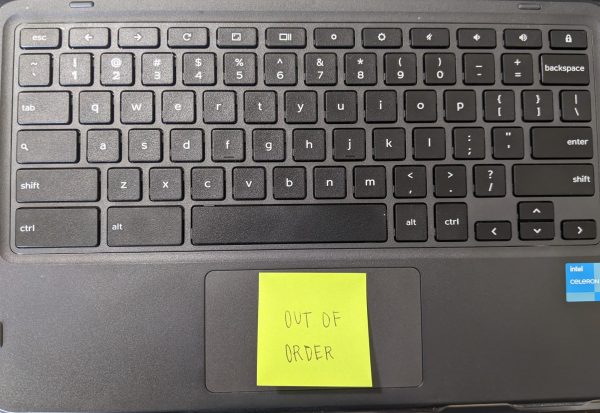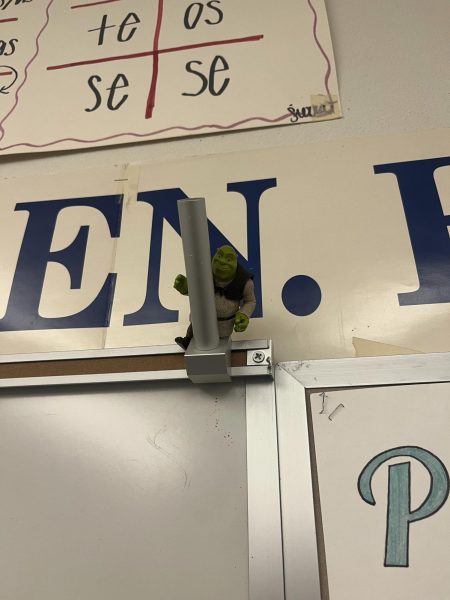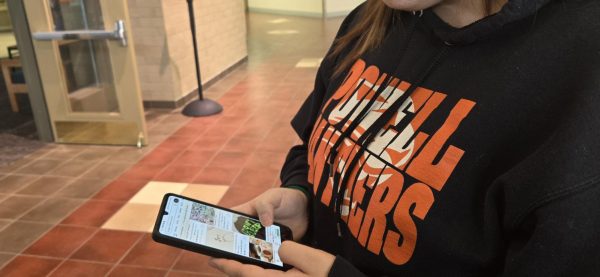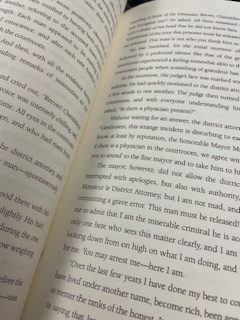THE DANGERS OF THE DOUBLE-TAP
As social media usage among teens increases, so does stress
High usage of social media by teens has been the result of many negative mental health effects. While living in an internet dependent society, these harmful effects are difficult to mitigate.
“Hey did you see what she posted on Snapchat?”
“I saw that picture on Instagram!”
“Is that from TikTok?”
These common phrases can be heard in the PHS halls and Commons at any given time. Between popular TikTok trends and the next celebrity Instagram post, students are finding themselves more and more wrapped up in social media’s grasp.
The world of online content is vast and always changing. But what exactly captivates teens’ attention and keeps them wanting more?
For me, social media has been incredibly nice to have as a way to connect with family and friends during the quarantine. Being able to see other peoples’ lives makes me feel less alone and like the world is still somewhat normal. It also provides a way to relieve stress and have a good laugh once and awhile.
A survey conducted by Verywellfamily.com showed that 75% of American teenagers have some form of a social media profile. Having these online platforms can offer a lot of unique opportunities and benefits, yet it doesn’t come without a risk.
Harvard Graduate School of Education published a study unpacking all the different stressors that can be attributed to social media including: pressure to post only the very best side of you; feeling excluded due to being able to see events you weren’t invited to; and the fear that anyone could do anything to or with your pubic posts. Higher rates of anxiety and low self esteem can also be attributed to social media’s effects on teens.
So how are we supposed to mitigate these effects when three-fourths of teenagers are exposed to social media daily? Especially in situations like now, it is nearly impossible to entirely abstain from the online world. Due to COVID, we basically need the internet to continue our everyday lives.
So what do we do? I believe the answer can be found in the expression “everything in moderation.” In between scrolling through TikTok or piles of homework on Canvas, make sure to take a break. King University Online recommends limiting time spent on social media and unfollowing negative influences in order to avoid harmful mental health consequences. Spending time with family and friends, participating in self-care activities, and practicing mindfulness are all things that can reduce stress and help offset the detrimental effects of too much screen time. Remember, life can (and does) exist outside of a screen.

